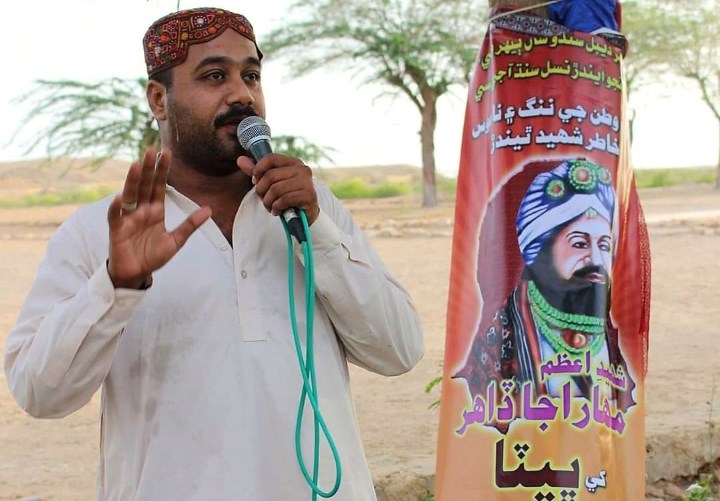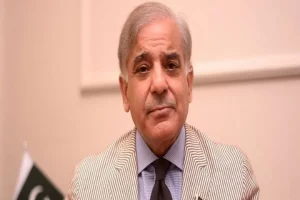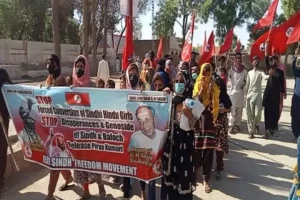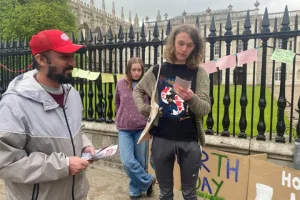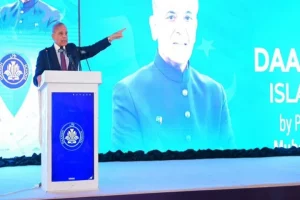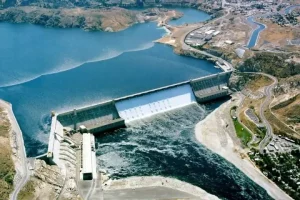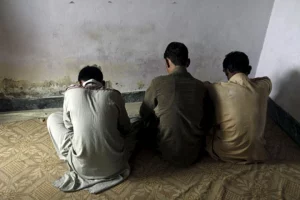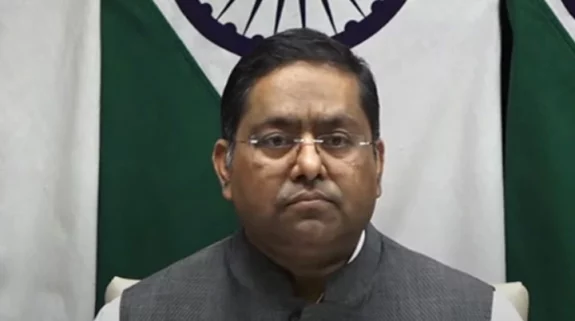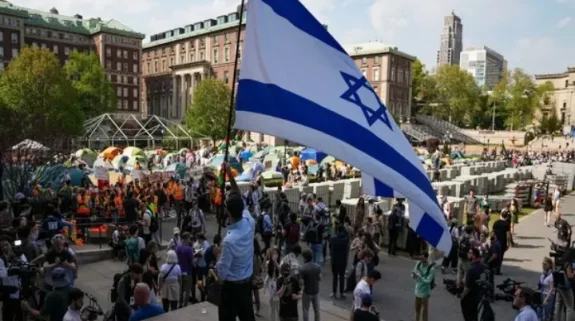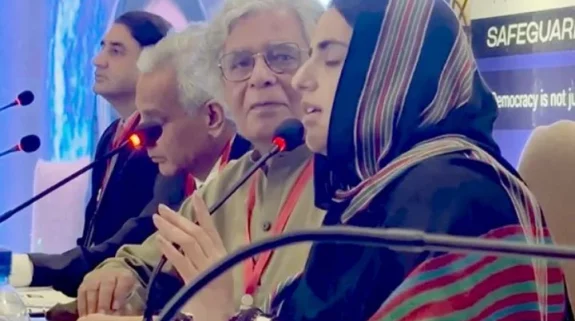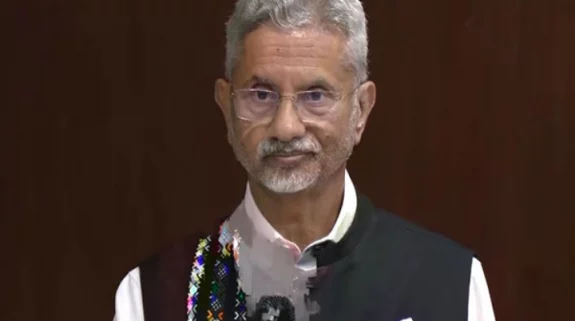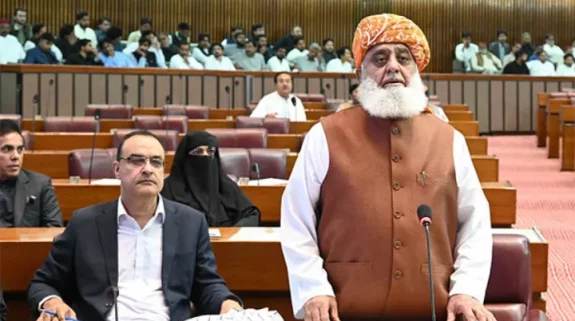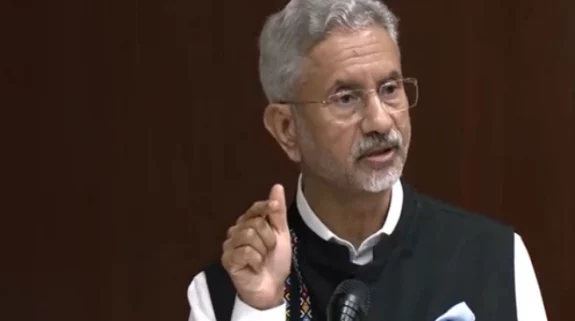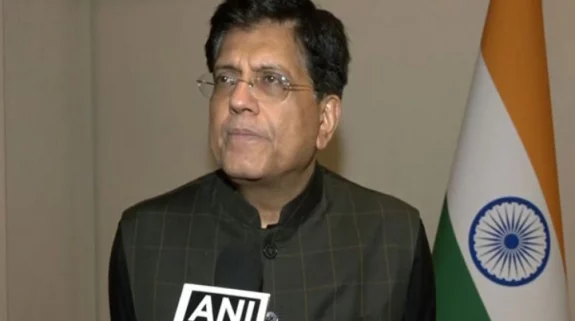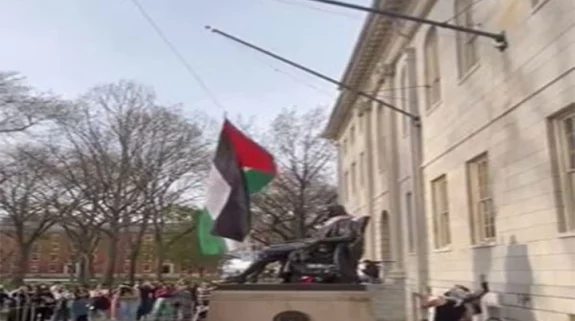In Pakistan, its various ethnic minorities remain in a constant state of agitation. The government in Islamabad remains aloof from the turmoil taking places on the country’s peripheries where local and national policies and dictates run foul of local communities like the Pashtuns, Baloch and Sindhis.
The Sindh province, located to the south-east of Pakistan with its borders touching the Indian states of Rajasthan and Gujarat, is again in news over Pakistan’s plan to unlock mining activity in the ancient mountains of Karunjhar. Part of the Rann of Kutch, the mountains are sacred to Sindhis besides acting as enablers of groundwater recharge and sustaining wildlife in the region.
In July this year, an advertisement proclaiming auction of lease for granite mining raised the hackles of the Sindhi people. The subsequent public furore led the department of mining to cancel the auction but after a couple of weeks, the plan to auction the Karunjhar mountains for granite mining was revived.
India Narrative speaks with Sohail Abro, Central Chairman of Jeay Sindh Freedom Movement (JSFM) about the state of the nationalist movement in Sindh as well as Pakistan’s depredations in its province. Abro says that in his 30-year-old political career, he has been abducted by the intelligence agencies and tortured in the infamous torture cells by security agencies.
Abro adds that Pakistan has cracked down on nationalist Sindhi politicians through forced abductions and brutal killings. He says that with a sliding Pakistan economy, Islamabad is selling off Sindhi natural assets including the Karunjhar mountains.
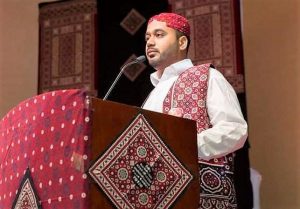
IN: What is the current situation in Sindh, particularly of the masses due to the economic downturn and political instability in Pakistan?
SA: Pakistan’s situation is not hidden from the world. People are leading tough lives. What was available to us for Rs 50-100 is now around Rs 600. People are ready to sell their children to be able to feed themselves and provide for their children.
The situation because of floods in Sindh is bad. People’s houses and lands are still inundated. They are living on the roadsides because the politicians did not allow water to be let out. Some of the water-related incidents were done deliberately to show people in a pathetic light so that misery could be showcased before the world and aid could be collected. We have been appealing to international agencies to not give aid to Pakistan unless the donors visit Sindh and see the situation for themselves. Once there, they can give aid directly to the needy.
IN: The Pakistani government and the army are selling off the assets to other countries including airlines, ports and buildings. Is Sindh also witnessing something similar – the sale of its assets and lands?
SA: The Pakistani Army has captured the natural resources and land of Sindh. Even the Pakistan People’s Party (PPP) is involved in the sale of lands in Sindh.
Sindh generates a large amount of revenue but it is all taken away by the federal government. We have the third-largest coal mine in the world but the electricity produced is not shared with us. If just ten per cent of the revenue generated from Sindh is spent on the people, things would be much better for the masses.
Our lands are being given to China under the China Pakistan Economic Corridor (CPEC) which has seen widespread resistance locally. Similarly, the army is building military camps all over the province in places like Badin, Thatta, Sukkur, Golarchi and Pano Aqil and locating thousands of soldiers in these camps.
IN: There is news from Sindh that a lot of people are being arrested by Pakistan. Why is that happening?
SA: There were a series of kidnappings by the Pakistan’s ISI and military intelligence in Tando Muhammad Khan in the run-up to the Pakistani Independence Day. This included once again picking up Ramesh Kumar – one of our political activists who has been abducted twice earlier.
The Pakistani agencies begin to round-up people in Sindh so that the celebrations around Pakistan’s Independence Day are not disrupted by people seeking an end to human rights violations. Also, many political parties like ours carry out rallies for freedom.
Also, attempts were made to kidnap Sajjad Chana and Zahid Chana from Jamshoro city. They were fired upon and their motorcycle was hit by vehicles leading to severe injuries and broken bones.
IN: Can you please tell us about the armed groups in Sindh?
SA: Sindh does not have a similar insurgency like Balochistan which is being fought in hills and mountains. Ours is an urban political movement. We are mobilising people to come out on streets and hold rallies and protest against the ethnic genocide of Sindhis.
We are trying to build a movement exactly like the Bangladesh movement and not a military campaign like Subhash Chandra Bose and Bhagat Singh.
Also Read
Sindh will become a Chinese colony if Pak fails to pay back its debts: Zafar Sahito
Like the Bangladeshis, Sindhis too face an ethnic, cultural genocide: activist Ghulam Hussain Shabrani






